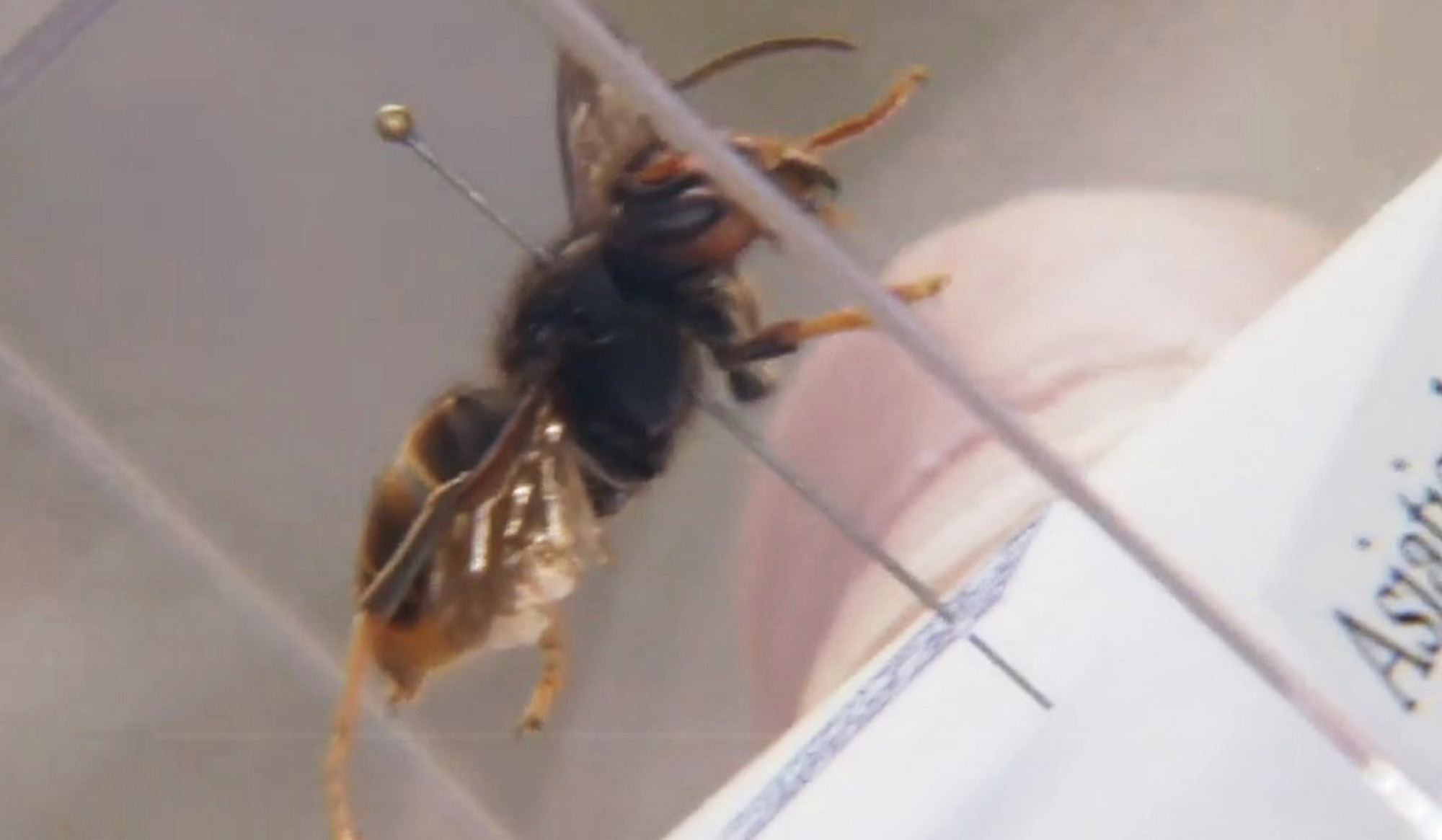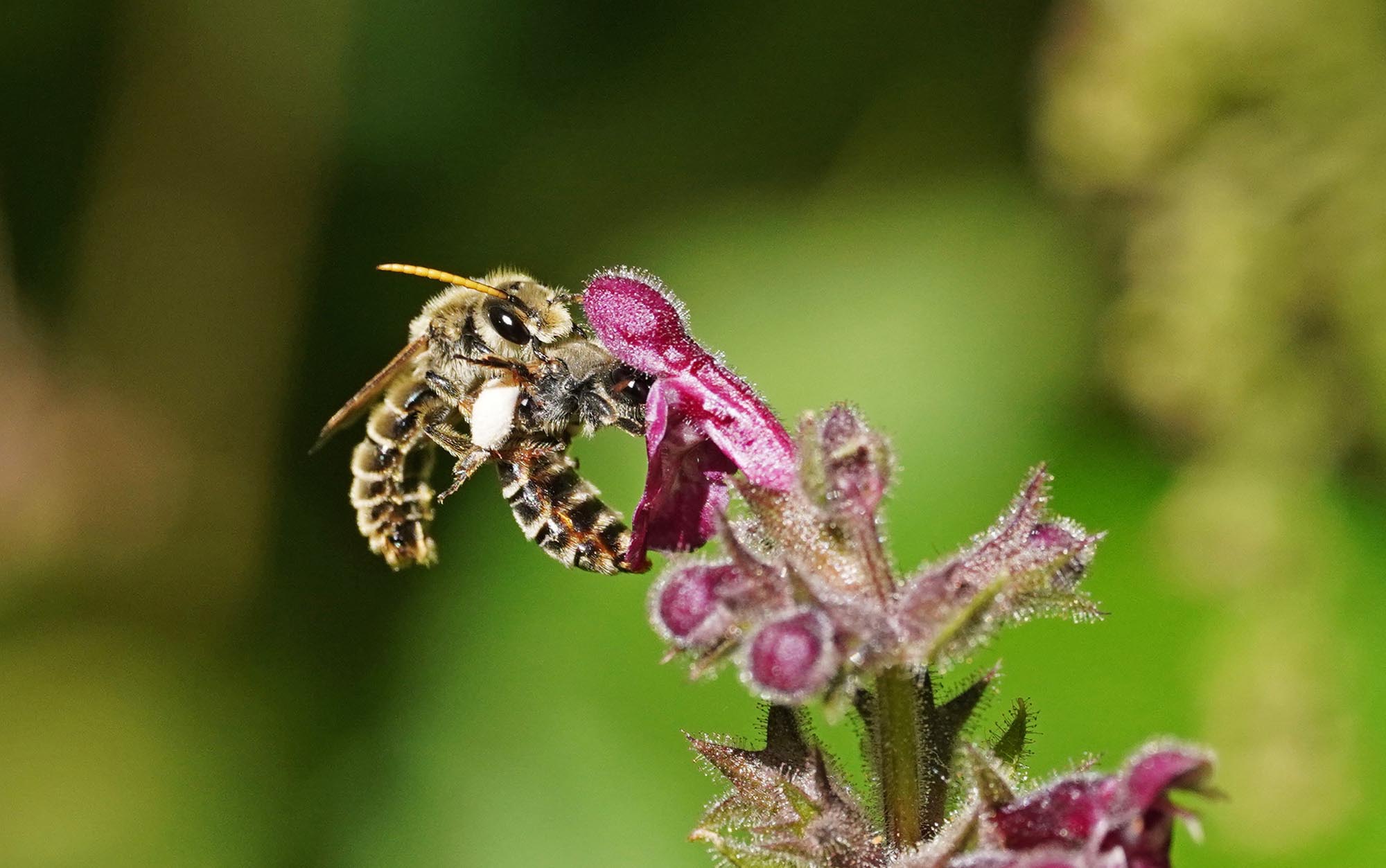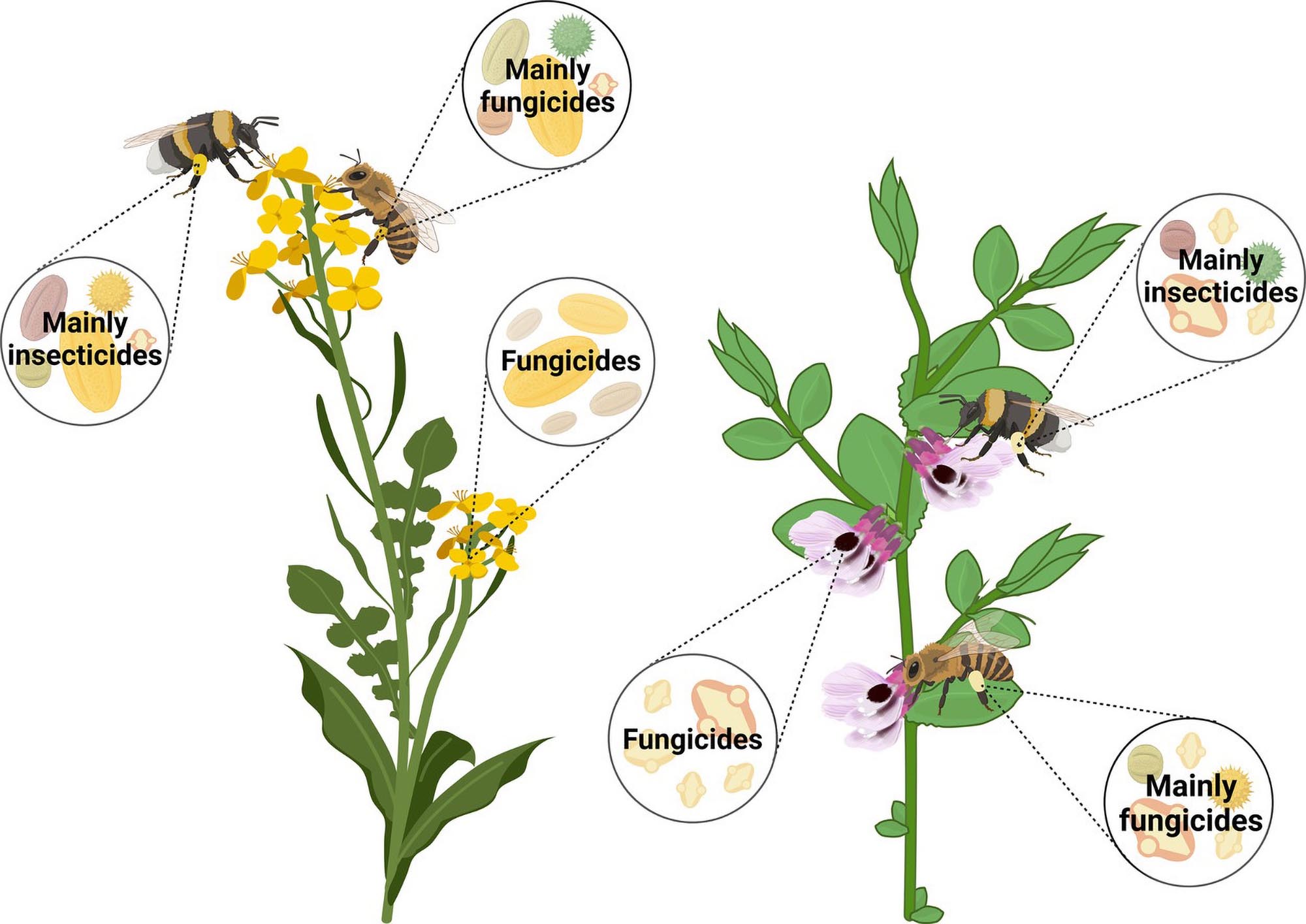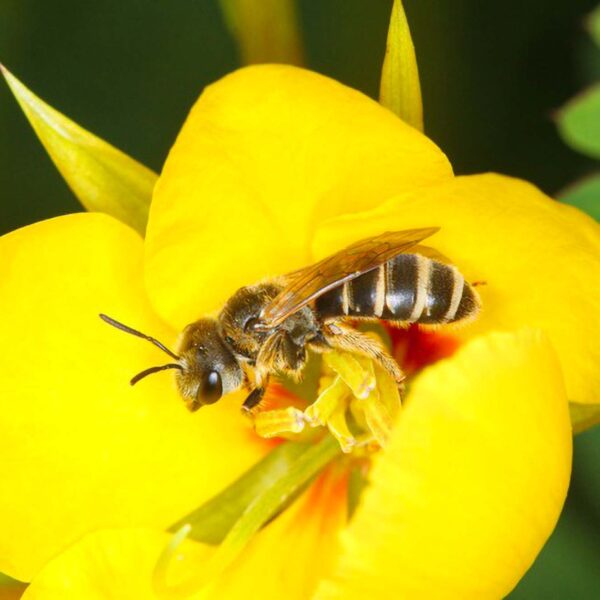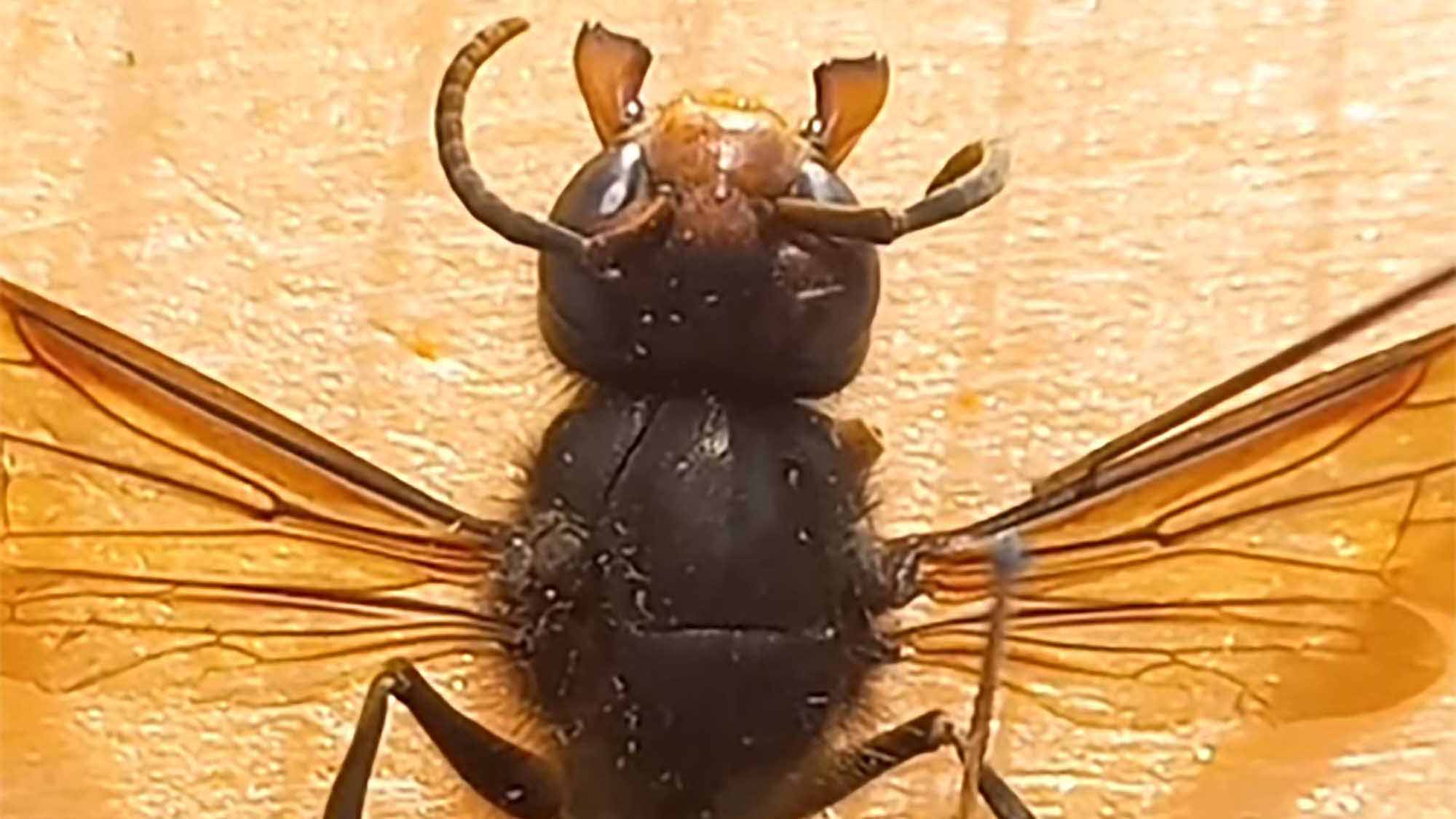The Asian hornet has not disappeared from Hamburg, health authorities in the German city have confirmed.
The invasive species, which eats honeybees, was seen in Hamburg on several occasions in recent years. However, city officials were confident they managed to eradicate it by destroying several nests.
Now a city hall spokeswoman confirmed two sightings of the insect which originates from Southeast Asia. The invasive species was spotted in a back garden in the quarter of Fuhlsbüttel as well as near a hive in the Ottensen neighbourhood. It is understood that the nests were removed by experts deployed by city authorities.
Hamburg Environment Department official Renate Pinzke explained: “We assume that there has been at least one Asian hornet colony that existed without anyone noticing since last year.”
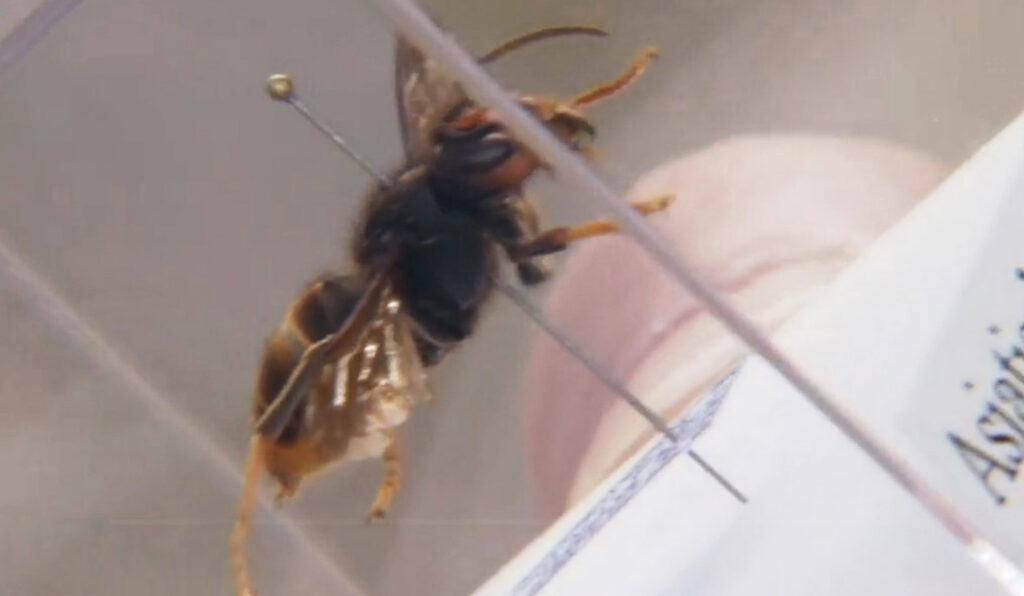
Experts have urged citizens not to kill the insect as it could in fact be a protected native hornet or wasp. Potential sightings of the Asian hornet should instead be reported to the local authorities.
Environmental experts in Berlin recently announced that the invasive insect species had appeared in the federal capital for the first time.
Asian hornets, which may benefit from rising summertime temperatures, have spread across Europe in the past 19 years. Entomologists warn that an Asian hornet colony has the potential to eat up to 11 kilogrammes of various insects per year.
Domesticated honeybees tend to stay inside their hive whenever an Asian hornet comes into view as they cannot defend themselves.
Apiaries in southwestern Germany have been most affected by Asian hornet attacks ever since the predator invaded the country in 2014.
Apart from the risk of an allergic reaction, Asian hornet stings are not more dangerous than the stings by other hornets, wasps or bees. However, humans have been advised to keep a clear distance to their nests usually to be found hanging at least 10 metres from the ground on tree branches and buildings.
Their scientific name is Vespa velutina. The animal caught in Berlin belonged to the subspecies Vespa velutina nigrithorax which has a distinctive black chest.
The German Bienen Journal magazine recently informed that an increasing number of entomologists assume that it is not a subspecies but just a colour variety within one genus.
Considered an invasive species under European Union nature regulations, Asian hornets must not be kept, bred or offered for sale.

